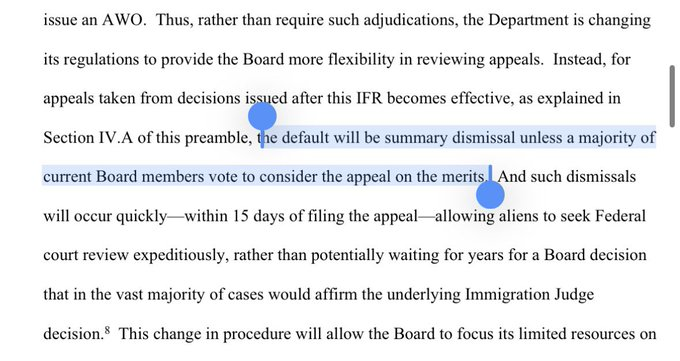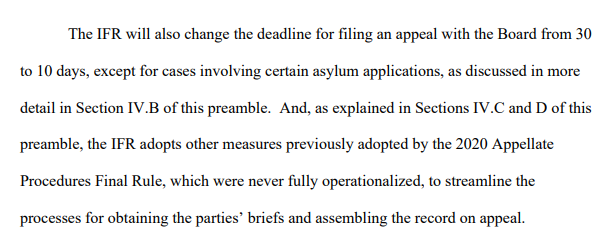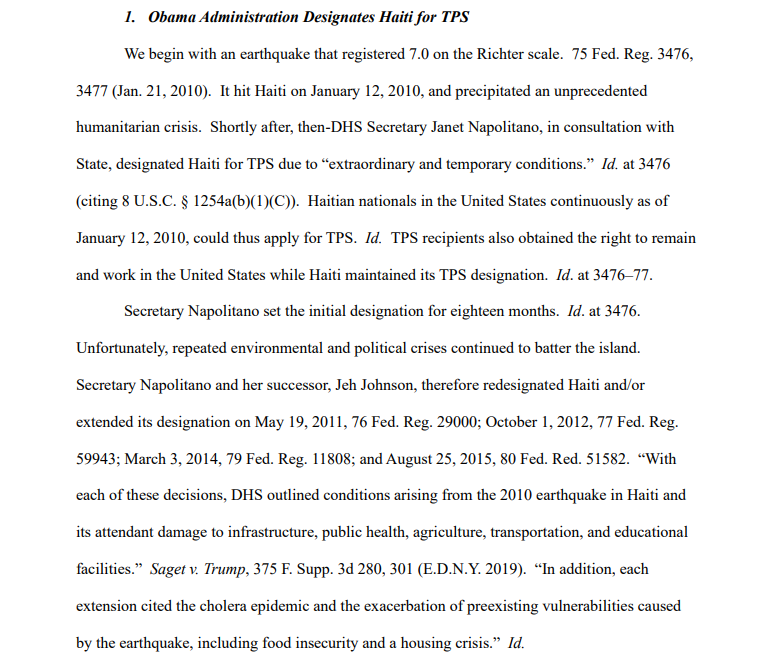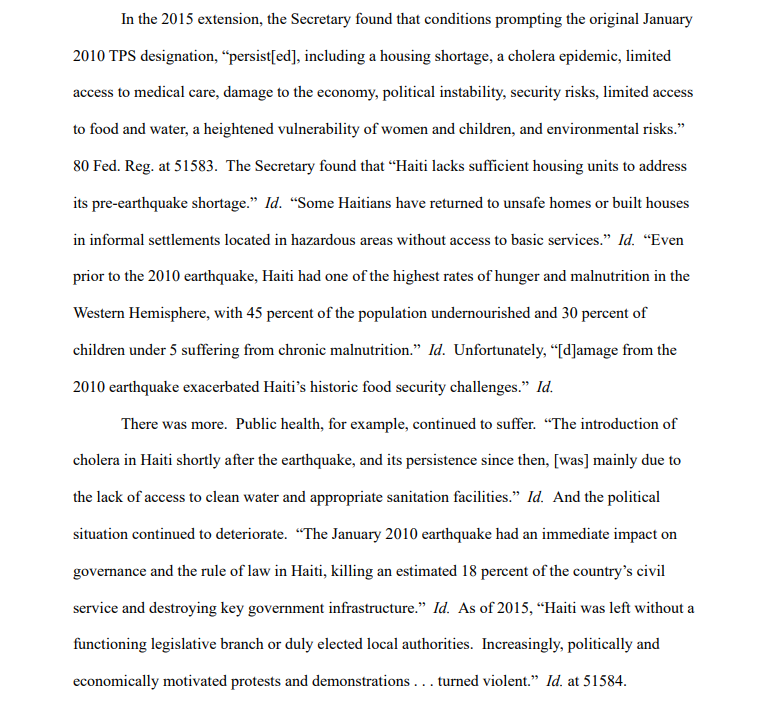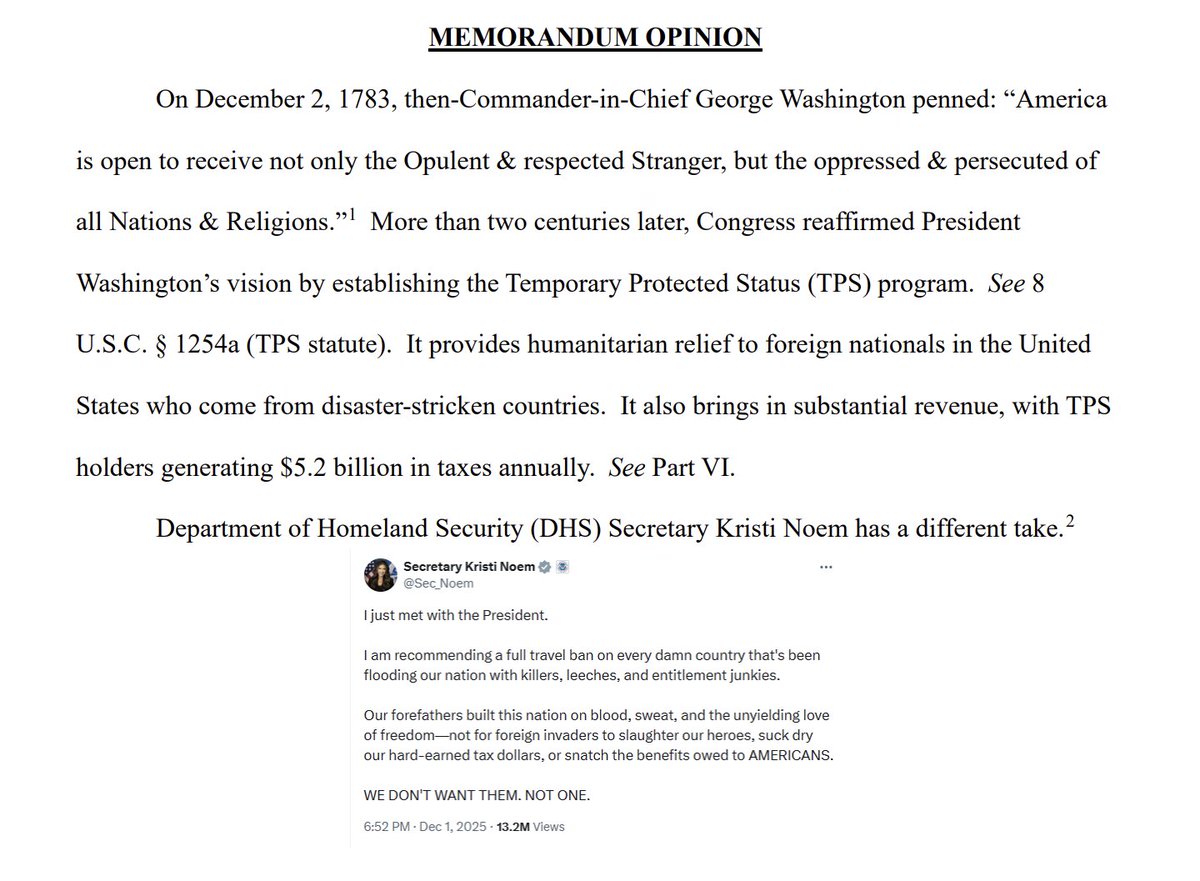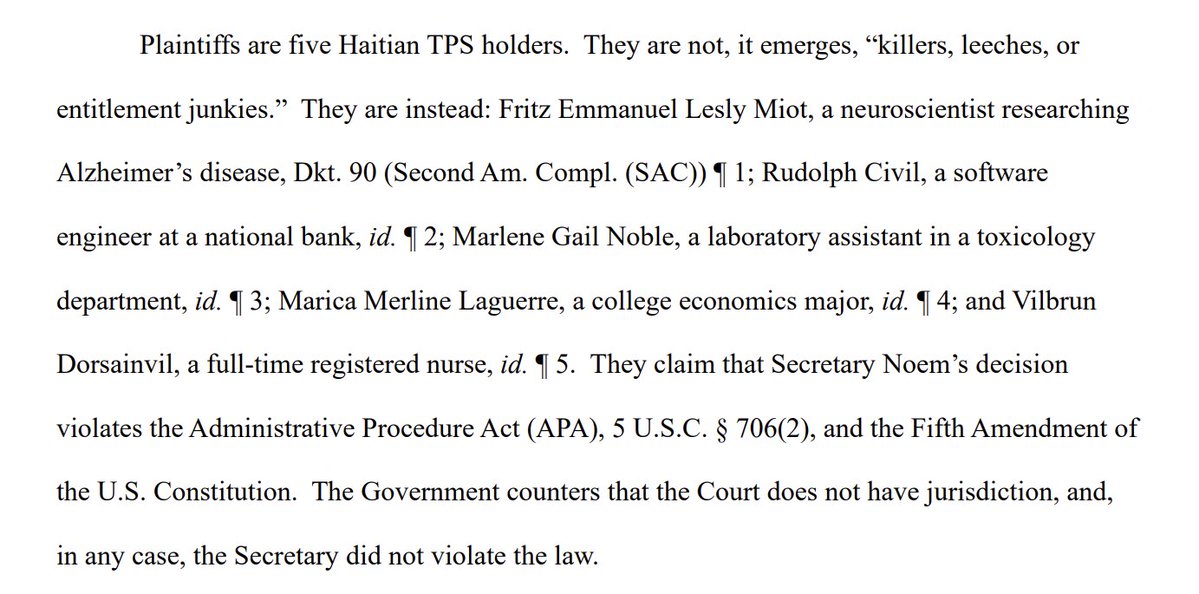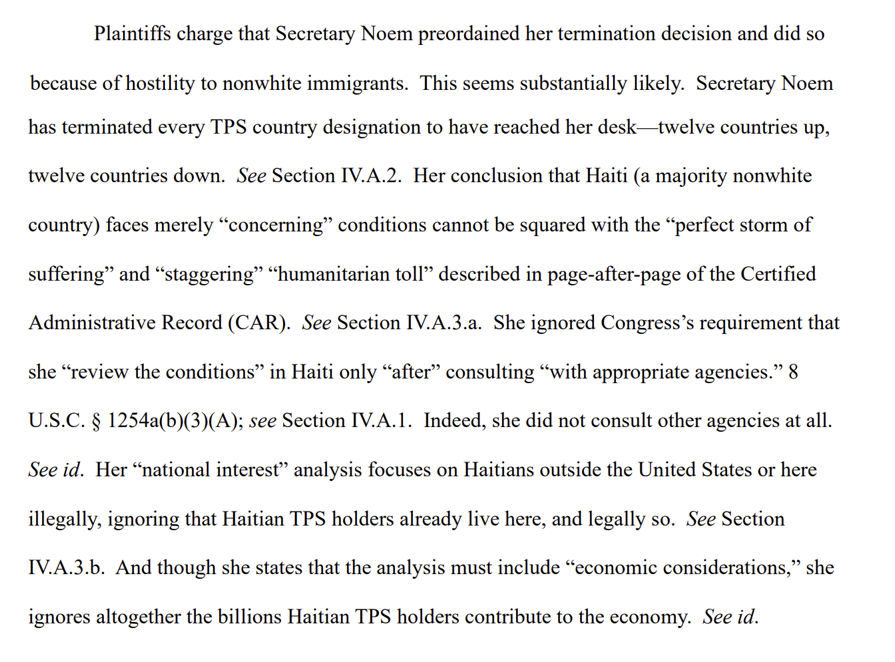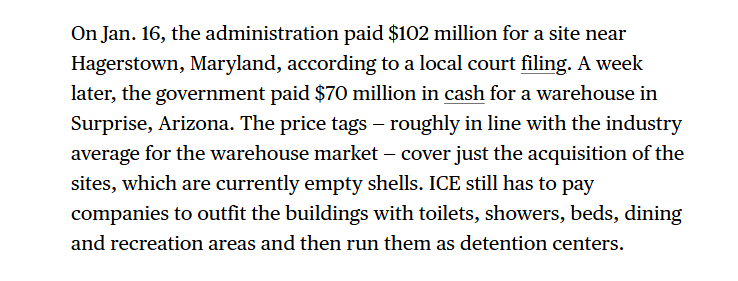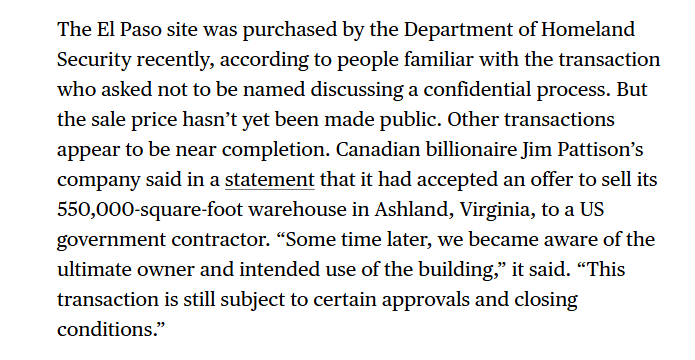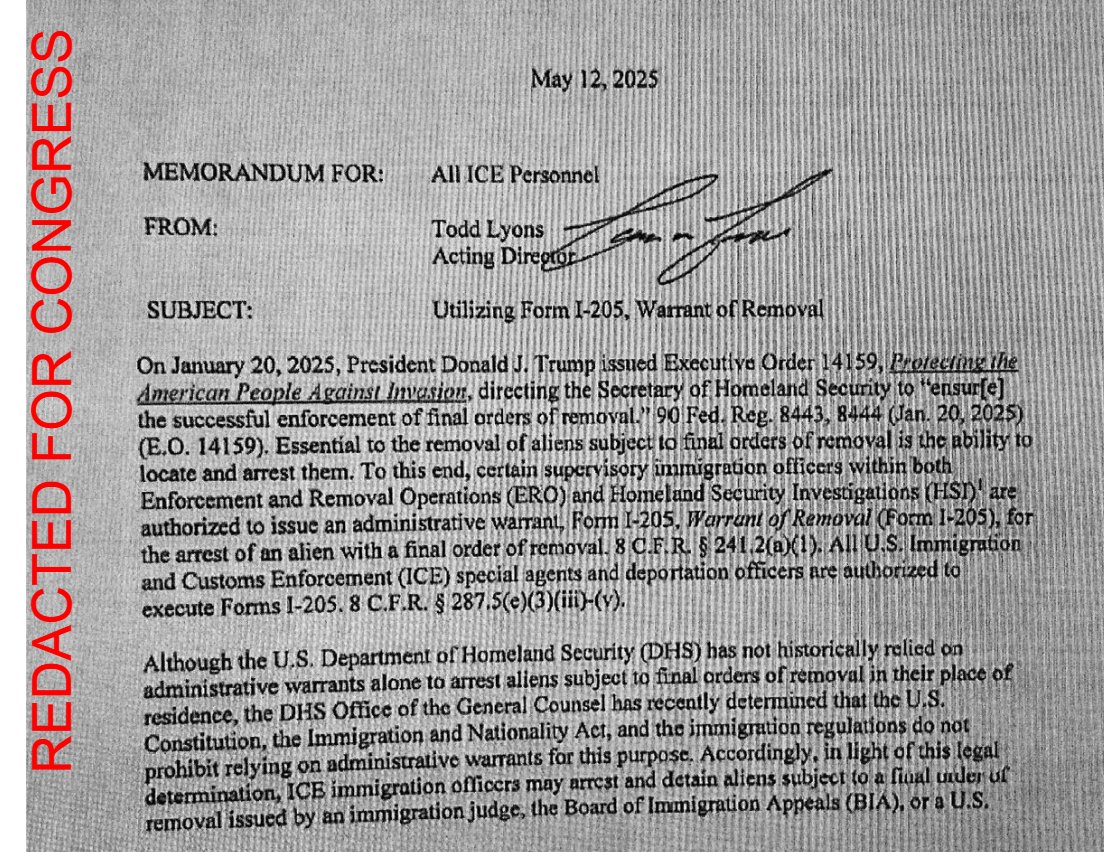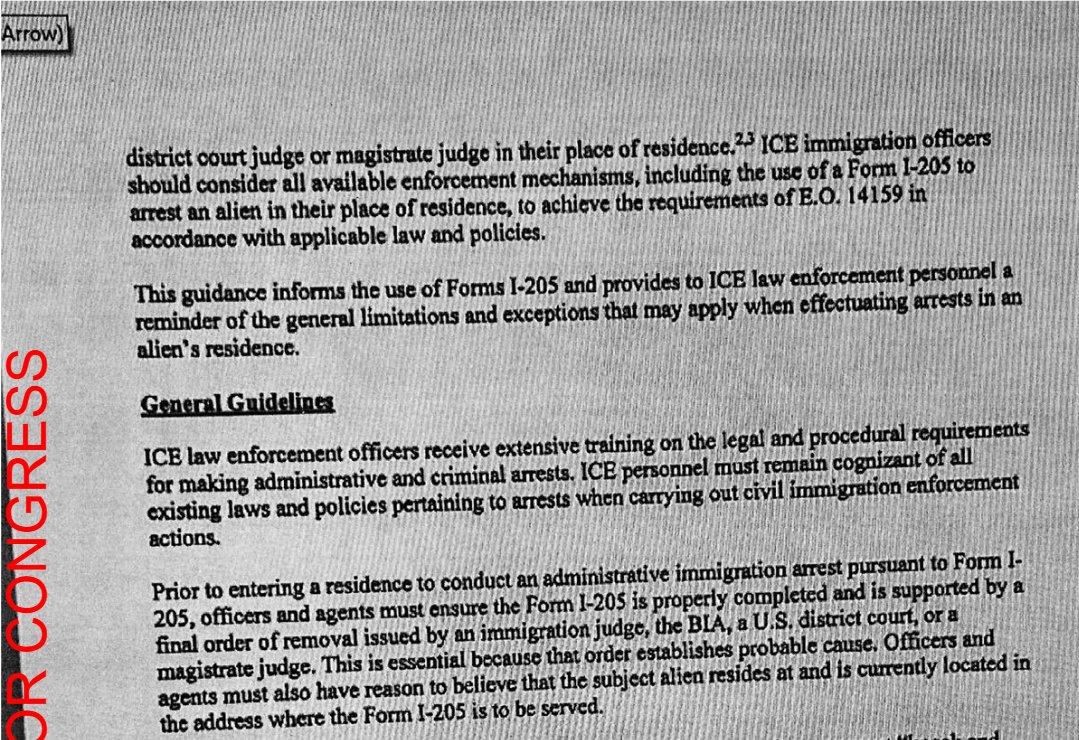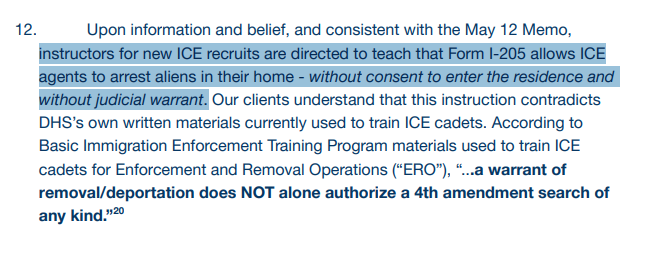🚨 New! A.G. Barr takes ANOTHER whack at the asylum process, issuing a new precedential decision in Matter of A-C-A-A-, 28 I&N Dec. 84 (A.G. 2020) and giving both immigration judges and the BIA more leeway to deny asylum claims.
justice.gov/eoir/page/file…
justice.gov/eoir/page/file…

Before I go through this latest attack on the asylum process, please enjoy a picture of Petra, who is a Very Good Cat. I hope this softens the blow a tiny bit. 

A.G. Barr begins his decision (issued under authority to set precedent in immigration court) by basically saying that the Board of Immigration Appeals hasn't been digging deeply enough in every single case to find ways to deny people asylum. It's hard to read it otherwise. 

In the underlying decision, the respondent was found to be credible and to have suffered past persecution on the basis of membership in a particular social group. Because of changed circumstances, the judge found no well-founded fear, but granted humanitarian asylum. 

Notably, DHS did NOT appeal the grant of humanitarian asylum. Instead, they only appealed the IJ's finding that the respondent was credible and that the IJ shouldn't have found past persecution.
The BIA affirmed the IJ's decision in a very brief order.
The BIA affirmed the IJ's decision in a very brief order.

Despite the fact that DHS did NOT appeal the grant of humanitarian asylum, A.G. Barr believes that the BIA should have evaluated whether or not the IJ should have granted humanitarian asylum anyway. 

A.G. Barr lays out here the role he sees the BIA as playing in asylum cases under what he articulate as "de novo review."
Basically, question everything, dig through the record, and find ways to deny applicants.



Basically, question everything, dig through the record, and find ways to deny applicants.




In the decision, Barr basically tells the BIA to utterly ignore all normal rules of appellate procedure. Who cares if the government didn't raise an issue—or even stipulated to an issue! The BIA should ignore all of that and go digging through the record.
https://twitter.com/cbrownimmlaw/status/1309255859860647936
This decision makes even more clear that the immigration courts are fully broken. They have been politicized to death and are now fundamentally incompatible with due process.
• • •
Missing some Tweet in this thread? You can try to
force a refresh


